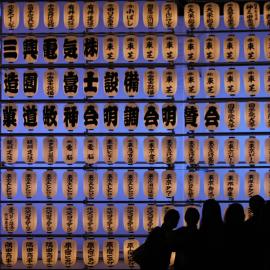To the Editor:
In "Japan's New Nationalism" (November/December 2003), Eugene A. Matthews calls for U.S. leaders to temper Japan's moves to create a higher-profile military, because of the threat to other states in East Asia, particularly China. Yet so far, the silence from these countries has been deafening. Save for the occasional complaint from North Korea, few have expressed disquiet over Japan's recent militaristic moves, such as its recent decision to dispatch troops to Iraq and its declared intention to build a ballistic-missile shield.
Could Beijing's seeming indifference be tacit approval for Japan's military rise? As Evan S. Medeiros and M. Taylor Fravel elucidate in the same issue of Foreign Affairs ("China's New Diplomacy"), China is developing a more sophisticated foreign policy. Beijing may, in fact, recognize that Tokyo's approach to its modern security interests makes sense, given Japan's global stature and the growing threat to the region posed by North Korea. China may also realize that, although Japan appears to be slightly more comfortable with a greater military role, its electorate is unlikely to allow the fiercely nationalistic Japanese soldier to reappear any time soon.
Richard Marshall
Honolulu, Hawaii
